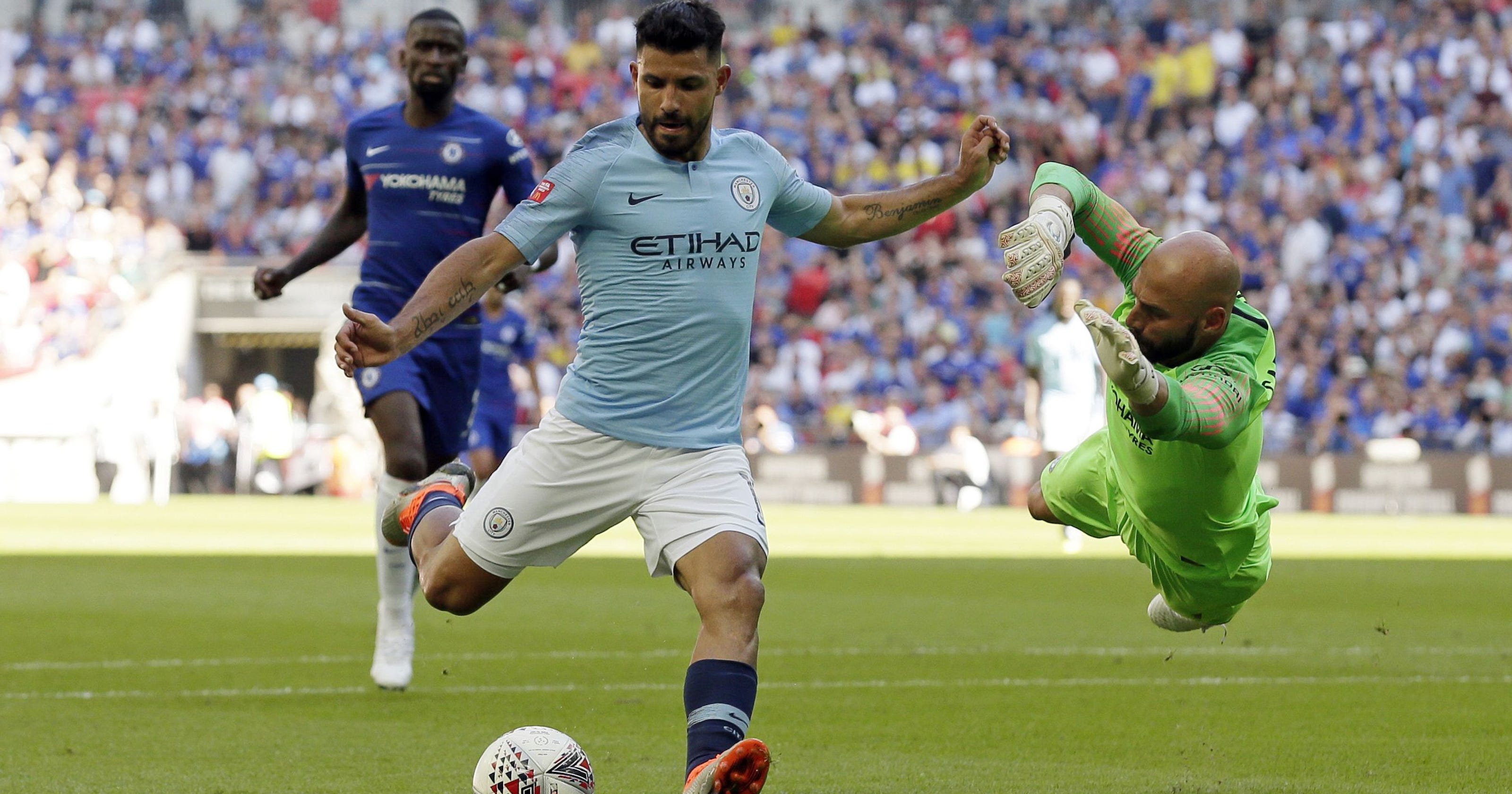History And Structure Of English Premier League
Featuring world famous football teams, such as Chelsea, Arsenal, Manchester United, and the Blackburn Rovers, the League symbolizes the very best in the world of professional football and all it has to offer. Ruling the roost is Manchester United, which has won 12 championships since the league was formed. Part of the reason they’ve been able to do so well is they have uniformity and consistency in coaching. Sir Alex Ferguson has been the manager of Manchester United since the league was formed, the only current manager to boast this unique accomplishment of longevity. In addition to coaching, Manchester United has one of the most rabid fan bases in all the world.

They are chased for excellence by Arsenal and Chelsea, two clubs that have managed to win an impressive three titles apiece. Blackburn has won the only remaining title (in the 1994-1995 season). To say that the best teams in history have been owned by only a handful of organizations is beyond understatement. But while not every team has attained the greatness of these in terms of accomplishments, many have just as much to be proud of in terms of tradition. For instance, the Aston Villa have been playing football since 1888, along with clubs Stoke City, West Bromwich, and Wolverhampton. Liverpool goes back not quite as far to 1894.
 The seasonal structure of the English Premier League is as follows: begins in August and runs to May. Twenty teams in all slug it out for supremacy. Each club twice does combat with the others during a “regular season competition.” There are 38 games total. Three points are provided to a team for each win, while a draw will only draw one, and a loss leaves the loser with nil. Total points, goal difference, and the actual amount of goals scored, all weigh in to determining the final champion. If there is an outright tie, then a play-off will be used to determine the final champion. At the lower level, the bottom three teams will enter into a Football League Championship. The two highest ranking teams from this structure will be paired with the winner of a play-off between the ranked teams from three to six to determine final promotions. While American audiences may find this system a bit confusing from their normal play-off system, many feel the league’s format does a better job of determining who the best teams really are and bestowing the final rewards. You won’t get a Super Bowl or a cut-and-dry system hereFeature Articles, but what has been done has worked for fans of the EPL.
The seasonal structure of the English Premier League is as follows: begins in August and runs to May. Twenty teams in all slug it out for supremacy. Each club twice does combat with the others during a “regular season competition.” There are 38 games total. Three points are provided to a team for each win, while a draw will only draw one, and a loss leaves the loser with nil. Total points, goal difference, and the actual amount of goals scored, all weigh in to determining the final champion. If there is an outright tie, then a play-off will be used to determine the final champion. At the lower level, the bottom three teams will enter into a Football League Championship. The two highest ranking teams from this structure will be paired with the winner of a play-off between the ranked teams from three to six to determine final promotions. While American audiences may find this system a bit confusing from their normal play-off system, many feel the league’s format does a better job of determining who the best teams really are and bestowing the final rewards. You won’t get a Super Bowl or a cut-and-dry system hereFeature Articles, but what has been done has worked for fans of the EPL.